Jul 04,2022

VR in Tourism: The Ultimate Tool to Enrich your Travel Experience
Virtual reality (VR) is a technology that enables users to explore and interact with digital environments. It has become a hugely popular medium in the tourism industry, especially in the last few years, thanks to its amazing potential for enriching travel experiences. According to Statista, more than 40 million people will have tried VR by 2021, which is an indication of its growth in popularity. A virtual tour can help you plan your next vacation or business trip in advance. These virtual tours are 360-degree images of famous landmarks or hotels that you can access from any device with an internet connection. Here’s why VR is so useful for travelers.
Continue Reading...

Jun 27,2022
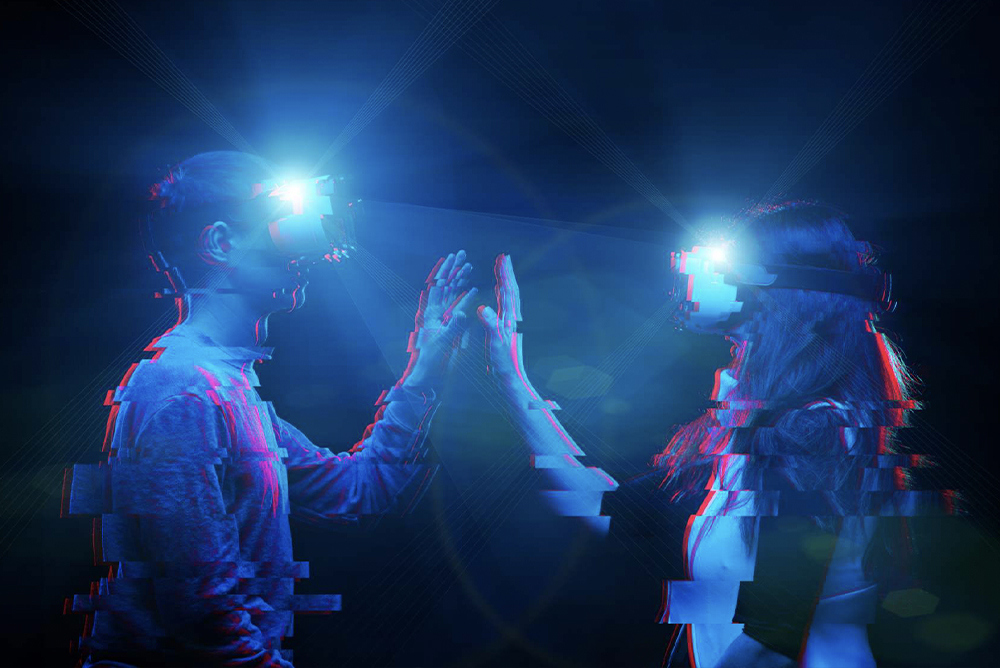
Future of Gaming: What Will Be Next In The World Of Game Developing?
Gaming has come a long way since the simple days of old when you had to stand up to play. Nowadays, you can be sitting in your living room, put on a headset and enter another world as you virtually explore forests, mountains and even space. Gaming has expanded to cover all platforms with the release of smartphone games, VR (virtual reality) and AR (augmented reality). With the continuous improvement of technology, it is becoming increasingly possible to immerse yourself in virtual worlds that are almost indistinguishable from real life. The future of gaming is looking bright!
Continue Reading...

Jun 20,2022
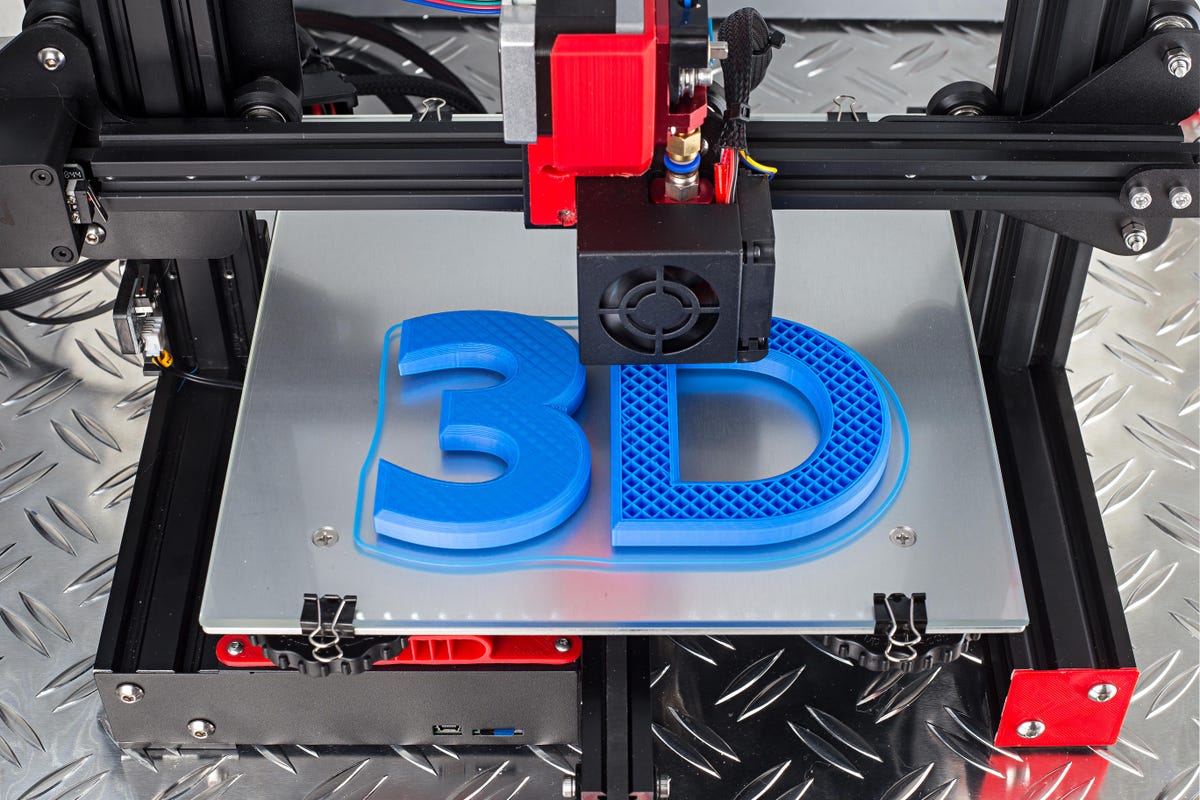
Is 3D Printing the Future of Manufacturing?
The world of manufacturing is changing fast. 3D printing, also known as additive manufacturing, is an emerging technology that enables the production of a wide range of products from computer models. Manufacturing businesses are using this new process to make parts and prototypes more efficiently than ever before. In this article, we explore what 3D printing is and its impact on the future of manufacturing.
Continue Reading...

Jun 13,2022

Cybersecurity in Finance: What You Need to Know
The financial services industry is one of the most targeted by cybercriminals. In fact, hackers specifically target finance and insurance companies because they hold so much valuable data about their customers. They use this information to steal identities, personal details, and even funds from the bank accounts of individuals. The risks posed by cybercriminals are constantly evolving, which means that financial institutions need to be constantly updating their security measures. This article will explain how cybercriminals are attacking financial organizations, what can be done to protect your data, and why you should be concerned about cybersecurity in finance. Keep reading to learn more.
Continue Reading...

Jun 08,2022
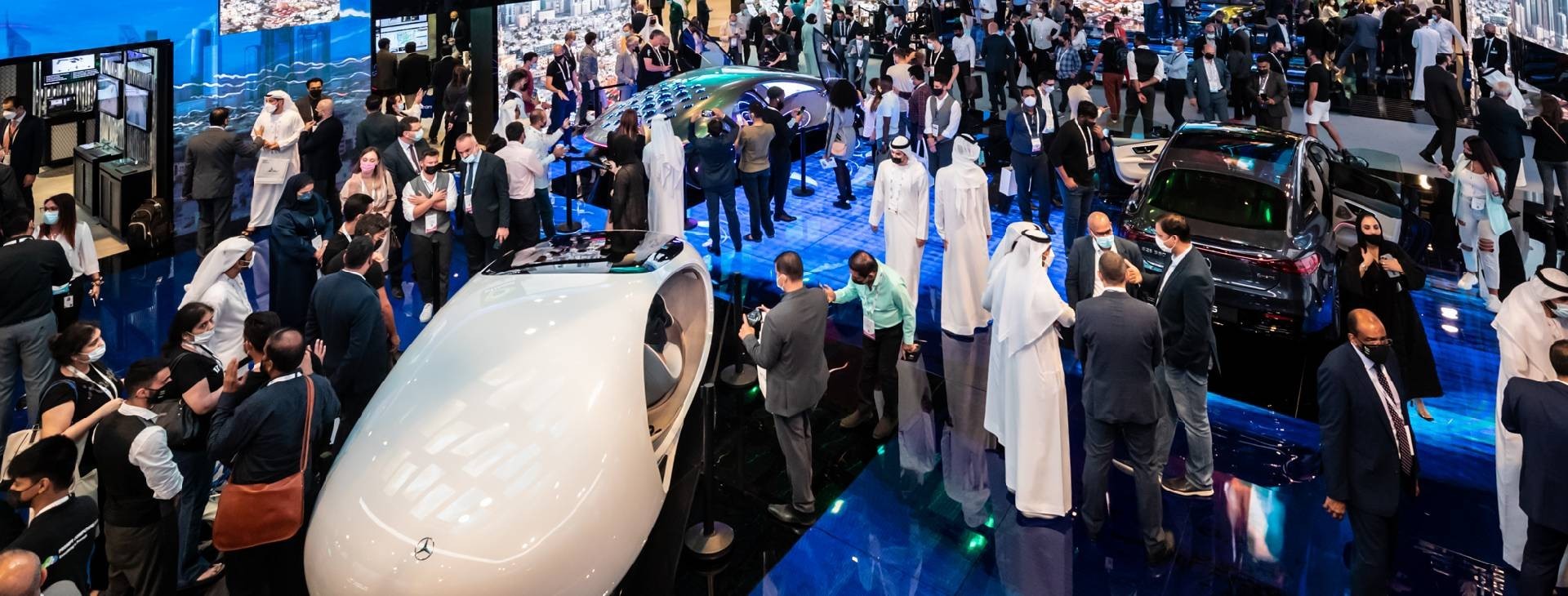
The Interactive Technology for Events: Getting Guests Involved and Engaged
Creating memorable events is something that every event planner strives to do. It’s no secret that the art of hosting events has changed and evolved over time. While in the past, events only served as a way to network with others or showcase your business. However, with today’s technological advances, events have become more than just a place to network or host meetings. They have become experiences that leave a lasting impact on all guests involved. To create an event that sticks out in the minds of your guests, you need to think outside the box and come up with interactive technology for your event that will keep them engaged from start to finish. This blog post will help you understand why interactive technology for events is so important and some ways you can use it to engage your guests so they leave feeling stunned and revitalized by the experience.
Continue Reading...

May 30,2022
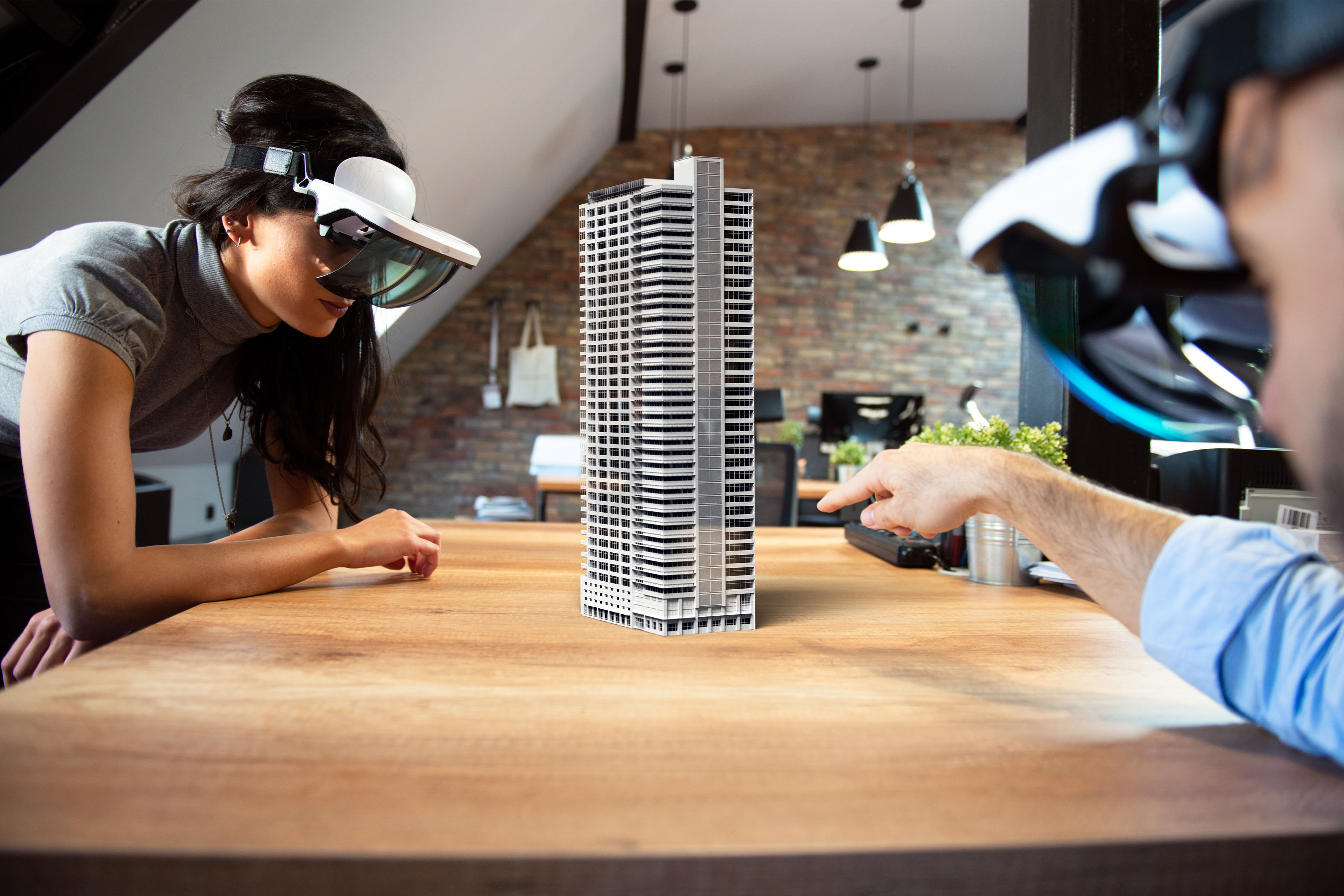
How Mixed Reality transforming the Real Estate Industry
Mixed reality (MR) is quickly becoming one of the most promising technologies in the real estate industry. With the potential to change how people discover, evaluate, and purchase homes, MR has become a focus for startups and established companies alike. If you aren’t familiar with MR yet, here’s what you need to know: Mixed reality combines digital elements with the real world in new ways. By merging virtual or digital objects with your physical environment via cameras, sensors, and Computer-Aided-Design software — rather than through virtual reality headsets — MR experiences are more accessible and natural feeling. In this blog post, we’ll dive into why that’s important, who is using MR today, and how it will impact commercial real estate developers and brokers as well as homebuyers.
Continue Reading...

May 23,2022

The Future of Artificial Intelligence in Restaurants: What's Possible and What's Not
The restaurant industry is ripe for innovation. With changing consumer tastes and increasing competition, restaurants need to find new ways to stand out. Artificial intelligence (AI) is one of the newest frontiers in the food and beverage industry. The potential applications of AI in restaurants are seemingly endless. From computer vision that can identify customers or recognize images on menus, to natural language processing that understands our orders, artificial intelligence has the potential to solve many problems faced by restaurants today. In this article, we explore what AI is, what types exist and how it can be used by restaurants. If you’re looking for more general information about artificial intelligence and its use cases in business, check out.
Continue Reading...

May 17,2022

The Future of Office Holograms: How It Is Changing the Way We Work
It’s no secret that we are in the midst of a digital transformation. As technology becomes more accessible and affordable, we are seeing an increasing number of businesses using it to streamline their workflows and make their processes more efficient. In the case of offices, teleconferencing systems have been widely used for decades now. But with advances in Artificial Intelligence (AI) and virtual reality (VR), businesses are now also experimenting with virtual office holograms as a way to further optimize internal communications and increase employee efficiency. This article will explore the pros and cons of office holograms vs video conferencing, and how they can be used to streamline your workflow, as well.
Continue Reading...

May 09,2022
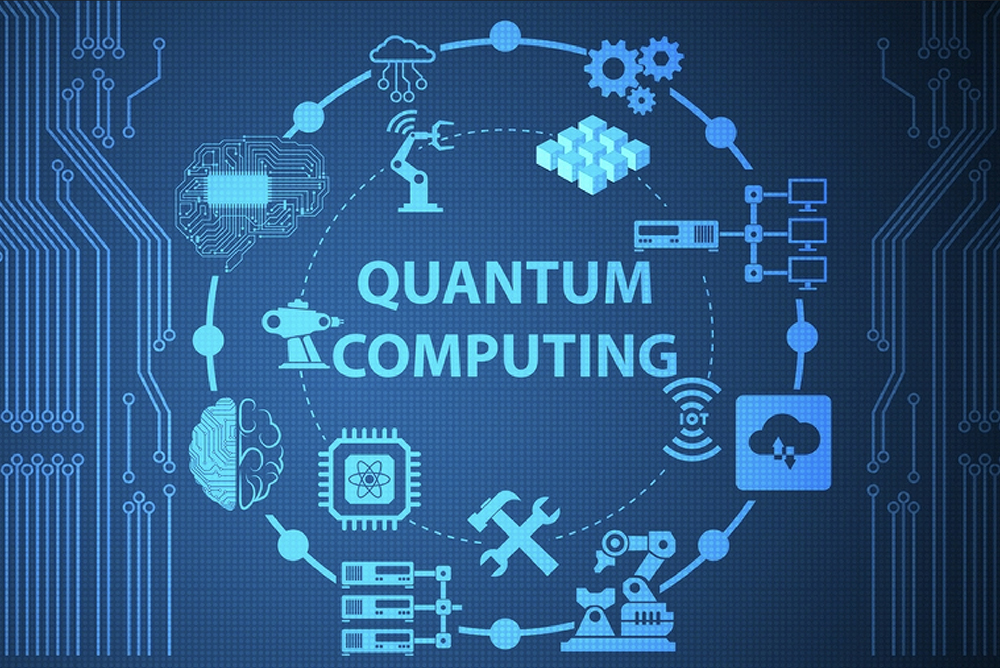
What is Quantum Computing and How Will It Impact Our Future
Quantum computing is an emerging field of research that has been getting a lot of attention lately. It’s still very much in its infancy, but it could be one of the biggest breakthroughs in computing in many years. Quantum computing is a branch of artificial intelligence that uses the principles of quantum mechanics to process data. It’s based on the idea that some objects, such as atoms, photons, or electrons can be in multiple places at the same time. In classical computing, bits are either 0 or 1. In quantum computing, bits can be 0, 1, or 2 at the same time. But the changes don’t have any direct effect on other bits.
That makes quantum computing exponentially faster than classical computing. It’s also predicted to lead to the creation of supercomputers that can process information exponentially faster than current models. And as quantum computers become more advanced, they will also become more capable of analyzing data in a more precise and accurate way than classical supercomputers. It’s possible that quantum computing will bring even more accuracy and security to banking, healthcare, and other industries that rely on complex algorithms and data analysis. We may not see quantum computers in the wild for many years, but the impact they could have on our future is already starting to show. Here’s everything you need to know about quantum computing and how it will affect our future.
Continue Reading...

May 06,2022

The Incredible Rise of Holograms in Retail - Here's How It's Impacting the Industry
Retailers are continually seeking new ways to make their businesses more profitable and customer-centric. And while they continue to look for new ways to stand out from the competition, they are also seeking ways to keep up with the changing retail landscape. The ever-evolving retail industry is constantly evolving, and as a result, so is the way we shop. Shoppers expect a level of convenience and personalization that can only be delivered by the latest technologies and software. Holographic technology is one such retail trend that is poised to take off in the coming years. Let’s take a look at how the retail industry is embracing holograms and the opportunities that this disruptive technology presents for retailers of all kinds.
Continue Reading...


 Call
Call
 Mail
Mail